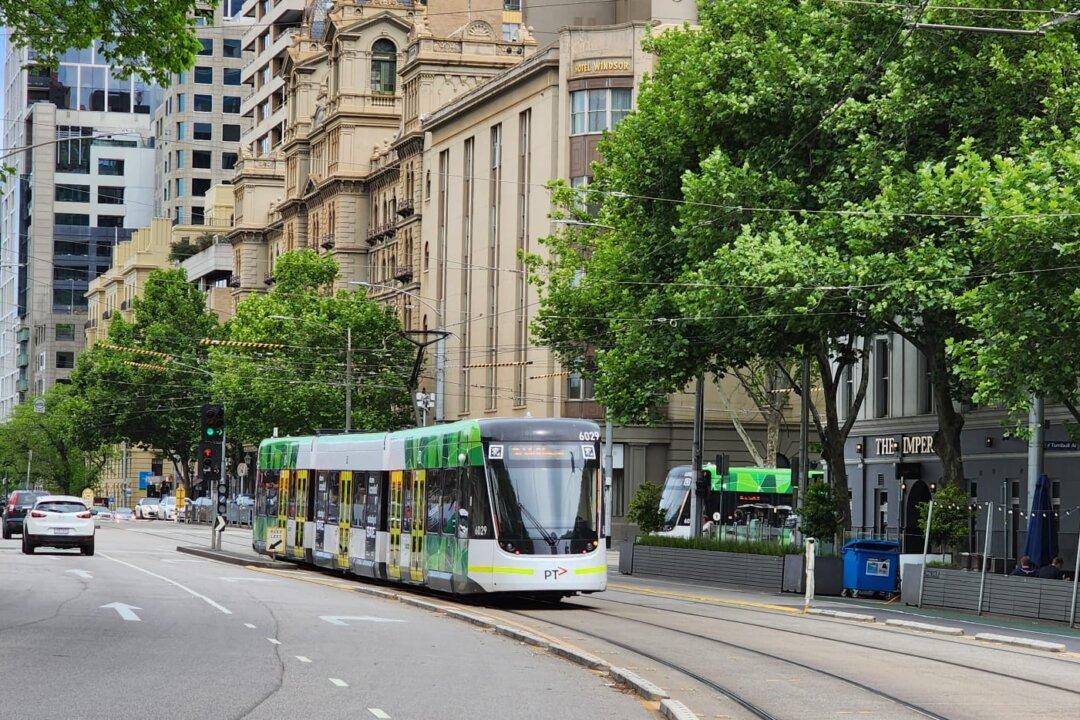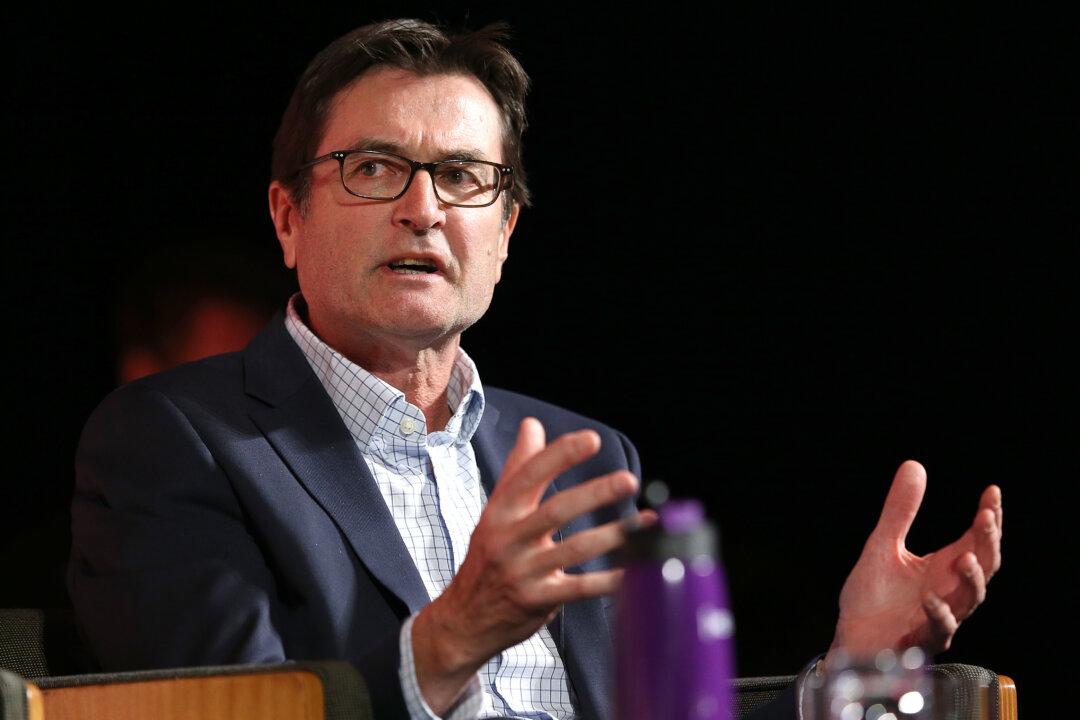The latest edition of a Tesla model may be banned from being sold in Australia after the nation’s vehicle safety agency refused to issue a rating for it.
The Australasian New Car Assessment Program (ANCAP) has halted the ratings process for the new version of the Tesla Model 3, which was officially made available for order in the United States on Jan. 10.





